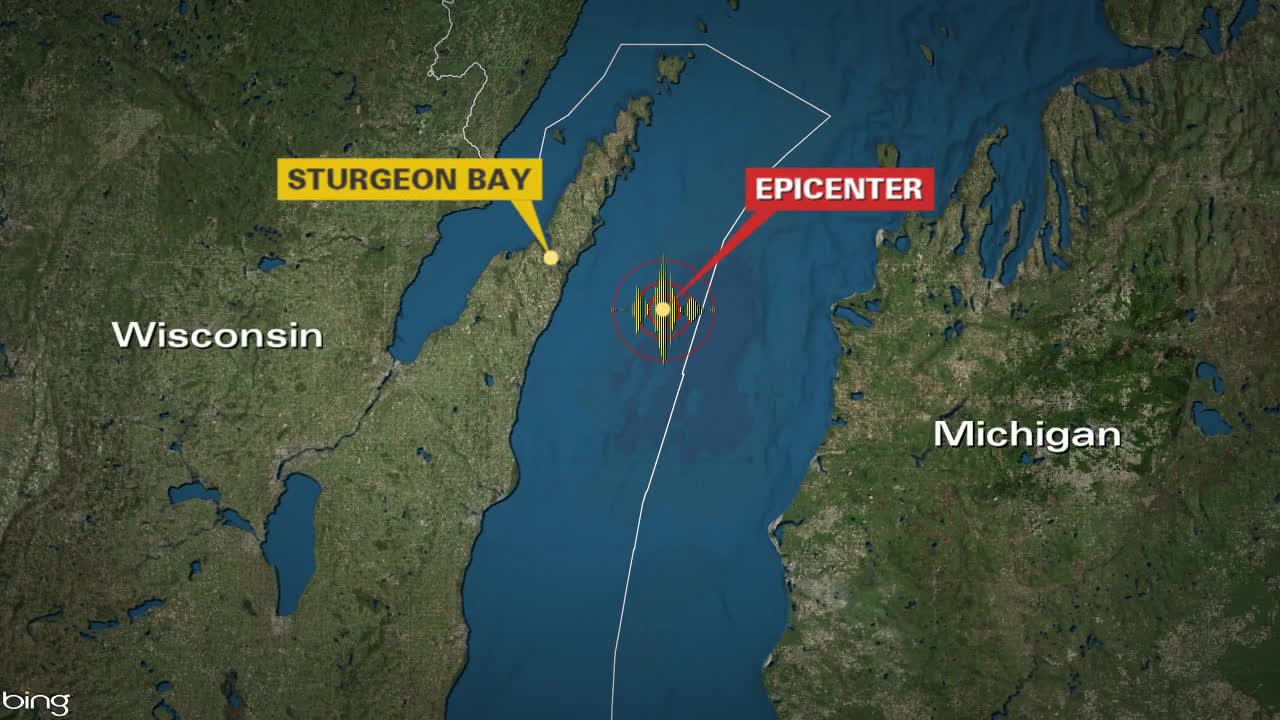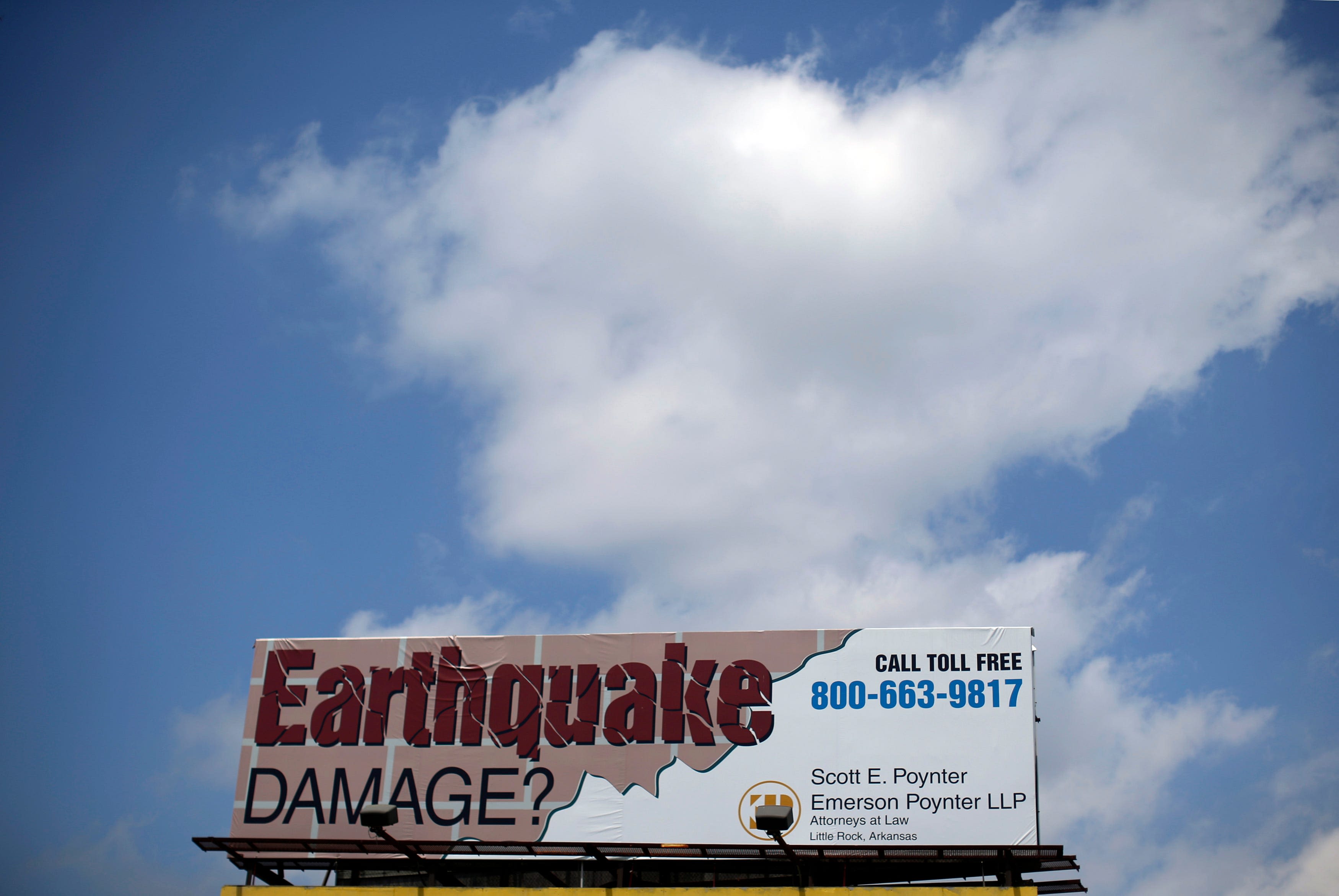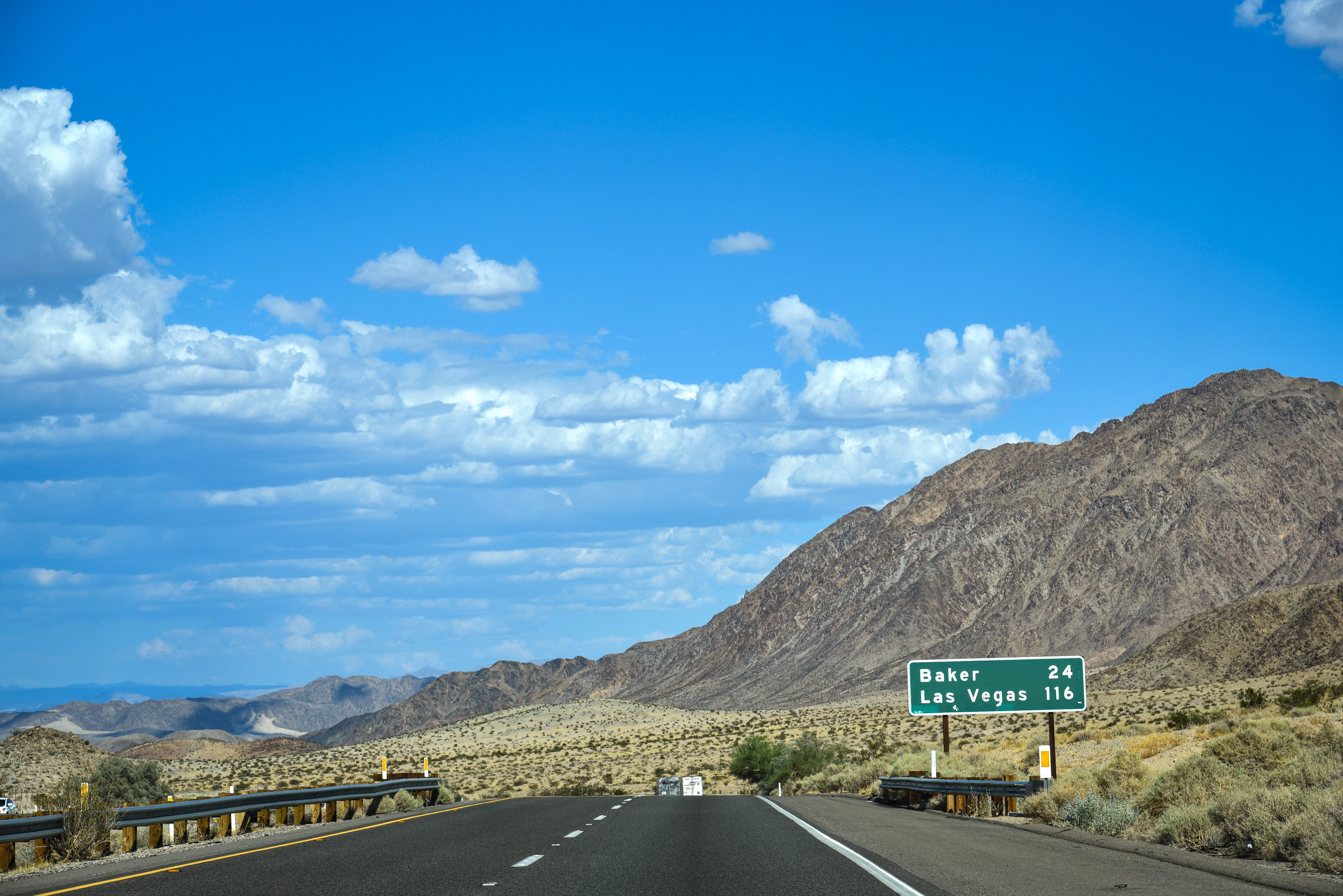Search results
News about Lake Michigan, Door County, earthquake
News about earthquakes, Texas, Scurry County
News about Bitcoin, Earthquake, ETFs
News about California, Los Angeles, earthquake
An earthquake is the shaking of the surface of Earth resulting from a sudden release of energy in the lithosphere that creates seismic waves. Earthquakes may also be referred to as quakes, tremors, or temblors. The word tremor is also used for non-earthquake seismic rumbling.
Earthquakes (6.0+ Mw) between 1900 and 2017. Earthquakes are caused by movements within the Earth's crust and uppermost mantle. They range from weak events detectable only by seismometers, to sudden and violent events lasting many minutes which have caused some of the greatest disasters in human history.
Earthquakes occur when tectonic plates suddenly break free, so they start moving quickly. The first point of an earthquake's rupture is called its hypocenter or focus. The epicenter is the point at ground level directly above the hypocenter. People who study earthquakes are called seismologists.
Oct 19, 2023 · Hundreds of earthquakes occur on Earth everyday. Most of them are small, barely detectable by most people. But occasionally there is a much more significant quake. On average, a major earthquake —one with a magnitude of 7.0-7.9—strikes somewhere on the planet more than once a month.
5 days ago · Earthquake, any sudden shaking of the ground caused by the passage of seismic waves through Earth’s rocks. Earthquakes occur most often along geologic faults, narrow zones where rock masses move in relation to one another. Learn more about the causes and effects of earthquakes in this article.
Historical earthquakes is a list of significant earthquakes known to have occurred prior to the early 20th century. As the events listed here occurred before routine instrumental recordings — later followed by seismotomography imaging technique [1] and detections using space satellites from outer space [2] — they rely mainly on the analysis ...
An earthquake is caused by a sudden slip on a fault. The tectonic plates are always slowly moving, but they get stuck at their edges due to friction. When the stress on the edge overcomes the friction, there is an earthquake that releases energy in waves that travel through the earth's crust and cause the shaking that we feel.
Apr 24, 2024 · An earthquake is the shaking caused by the rupture (breaking) and subsequent displacement of rocks (one body of rock moving with respect to another) beneath Earth’s surface. A body of rock that is under stress becomes deformed.
Earthquake. The surface of the Earth is made up of tectonic plates that lie beneath both the land and oceans of our planet. The movements of these plates can build mountains or cause volcanoes to erupt. The clash of these plates can also cause violent earthquakes, where Earth’s surface shakes.
Feb 6, 2023 · Here's what you need to know about where earthquakes typically occur, how earthquakes are measured, and the damage that the strongest earthquakes can cause.




